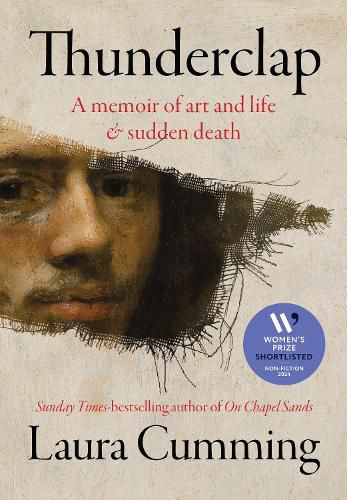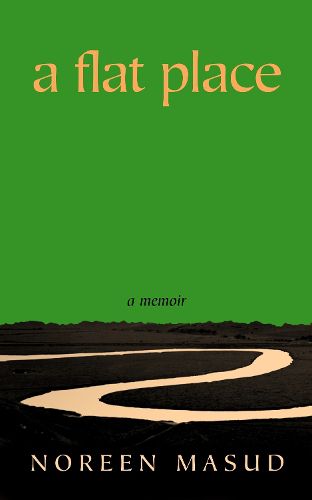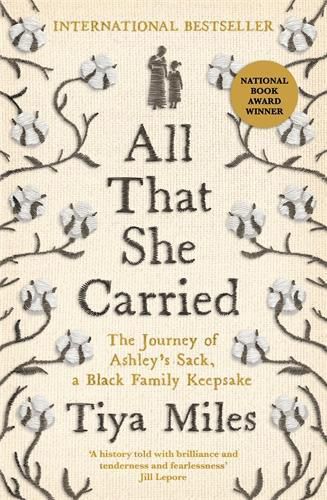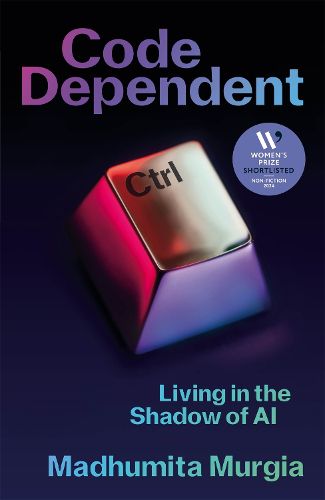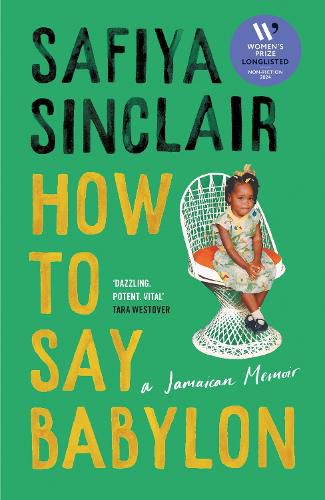The inaugural shortlist for the Women’s Prize for Non-Fiction has been announced! This new prize celebrates exceptional narrative non-fiction by women, and promotes excellence in writing, robust research, original narrative voices and accessibility. The Prize is valued at £30,000 and is open to all women writers from across the globe who are published in the UK and writing in English.
The winner will be announced on 13 June 2024.
Thunderclap by Laura Cumming
Thunderclap is a kaleidoscopic memoir connecting Laura Cumming's life as an art critic with the vivid world of her father's paintings and those of the Dutch Golden Age. Richly illustrated in full colour throughout, this is a book about what a picture may come to mean: how it can enter your life and change your thinking. It is also a book about the precariousness of human life and what art can do to sustain us.
Doppelganger by Naomi Klein
Naomi Klein's extraordinary book Doppelganger invites readers to take a trip down the rabbit hole into the uncanny mirror world of conspiracy theorists, anti-vaxxers and demagogue hucksters. In doing so, she lifts the lid on our own culture during this surreal moment in history, as we turn ourselves into polished virtual brands, publicly shame our enemies, watch as deep fakes proliferate and whole nations flip from democracy to something far more sinister.
A Flat Place by Noreen Masud
Beautiful and haunting, A Flat Place is a personal journey through Britain's flatlands and a reckoning with the painful memories and hidden histories they contain. Noreen Masud has always loved Britain's landscapes, but they are uneasy places for a Scottish-Pakistani woman, representing both an inheritance and a dispossession. Pursuing this paradox, Masud weaves her impressions of the natural world with the poetry, folklore and history of the land, and with recollections of her own early life, rendering a startlingly strange, vivid and intimate account of a post-traumatic, post-colonial landscape.
All That She Carried by Tiya Miles
Told through archival records, objects, art, and the environment Tiya Miles has written a singular history of the experience of slavery in the United States, and the uncertain freedom afterward. All That She Carried is a poignant story of resilience and love passed down against steep odds. It honors the creativity and resourcefulness of people who preserved family ties when official systems refused to do so, and it serves as a visionary illustration of how to reconstruct and recount their stories today.
Code Dependent by Madhumita Murgia
Through the voices of ordinary people in places far removed from Silicon Valley, Madhumita Murga's Code Dependent explores the impact of artifical intelligence on individuals, communities, and our wider society. It exposes how AI can strip away our collective and individual sense of agency and asks: what does it mean to be human in a world that is rapidly changing thanks to the development of automated decision-making that both draws on and influences our behaviour?
How to Say Babylon by Safiya Sinclair
With echoes of Educated and Born a Crime, How to Say Babylon is the stunning story of the Safiya Sinclair's struggle to break free of her rigid Rastafarian upbringing, ruled by her father's strict patriarchal views and repressive control of her childhood, to find her own voice as a woman and poet. In seeking to understand the past of her family, Sinclair takes readers inside a world that is little understood by those outside it and offers an astonishing personal reckoning.


